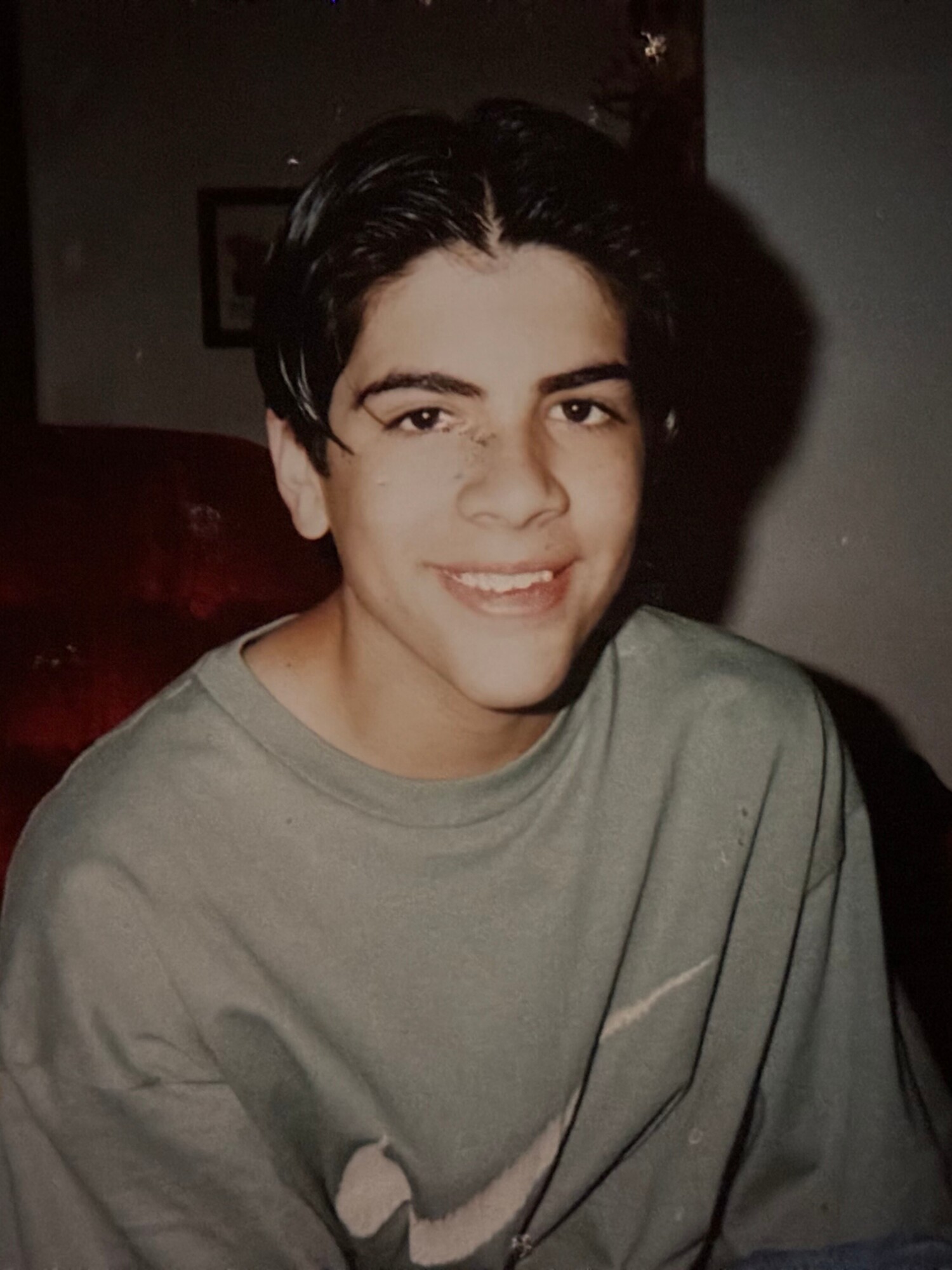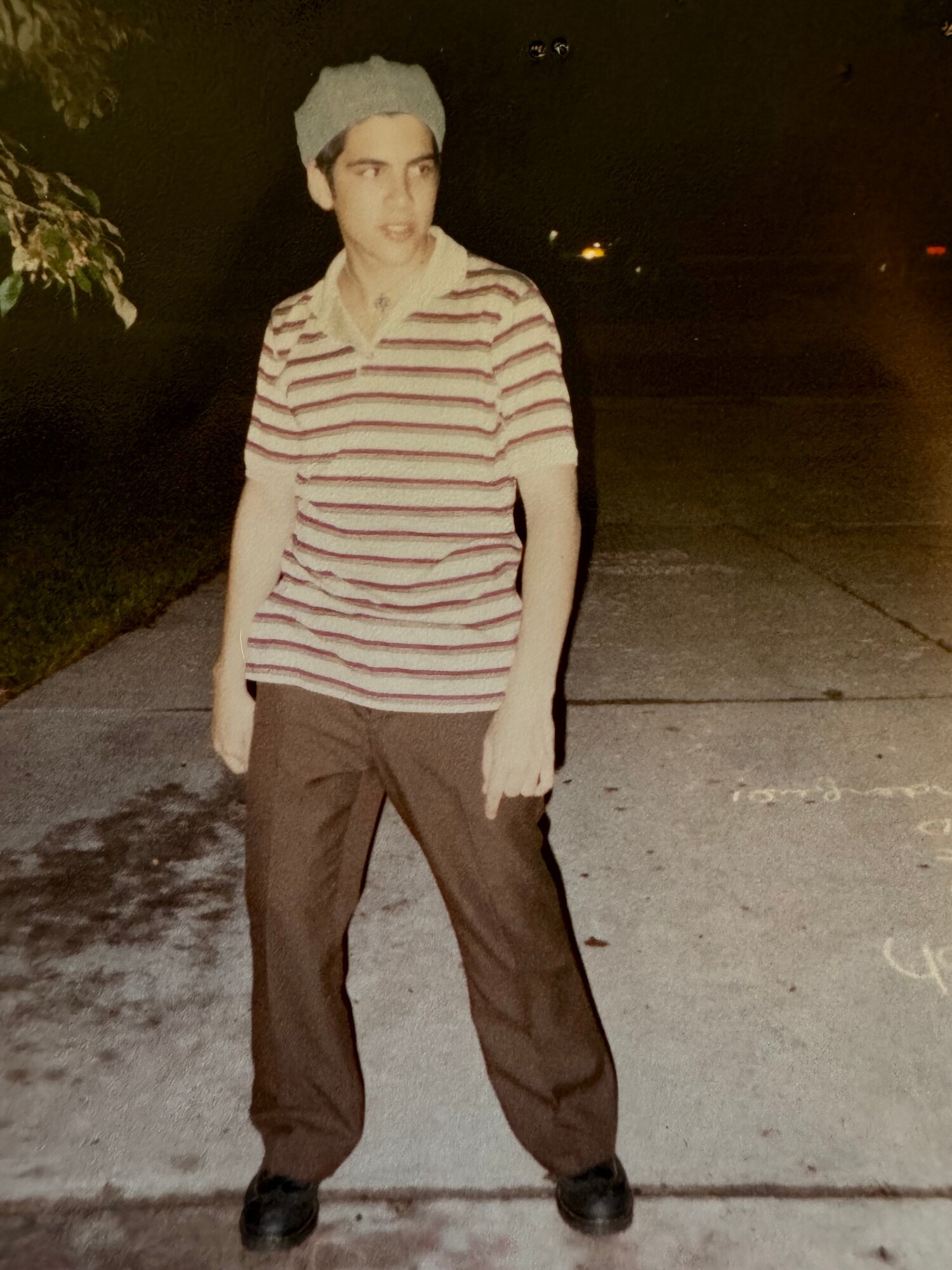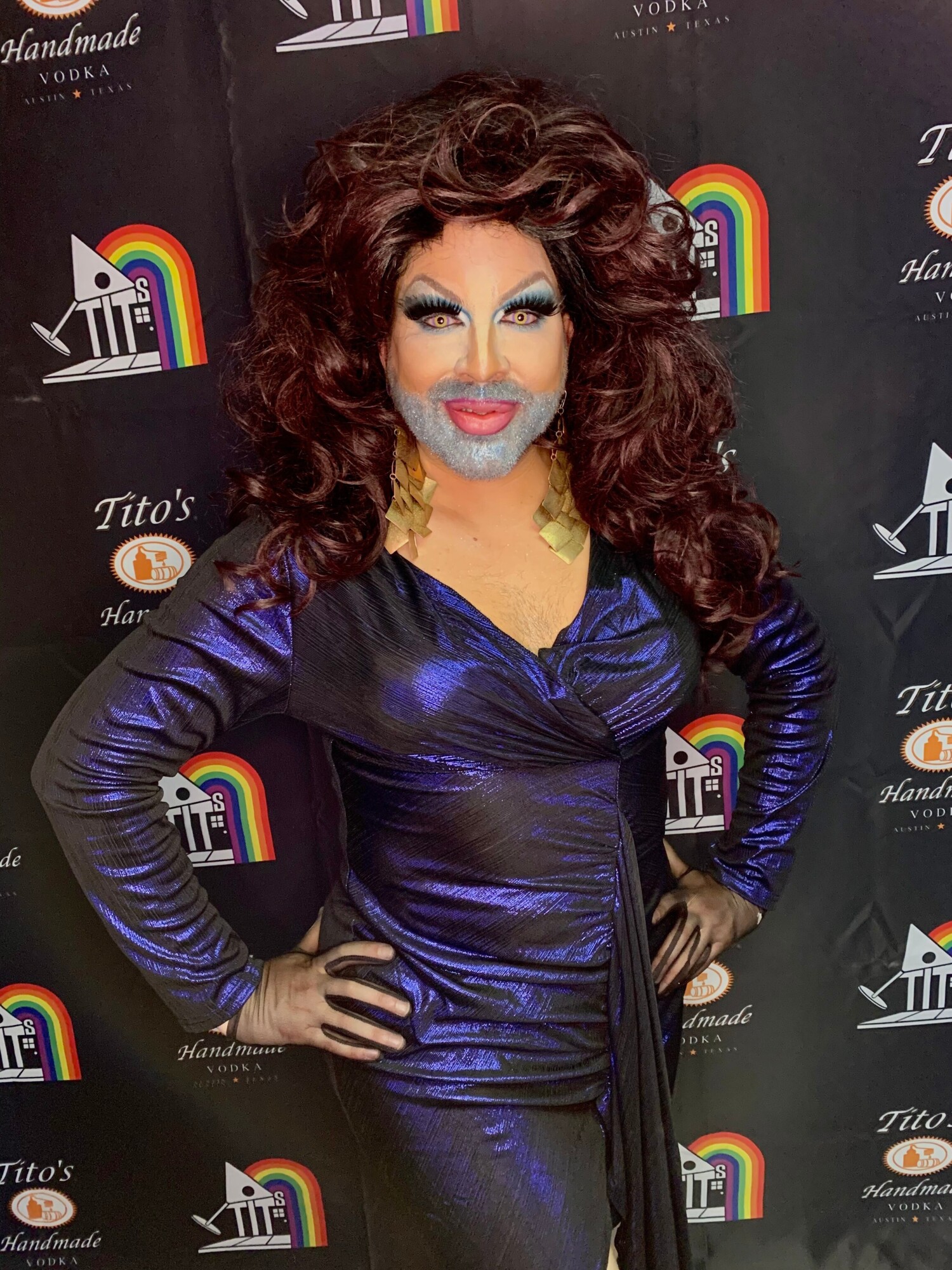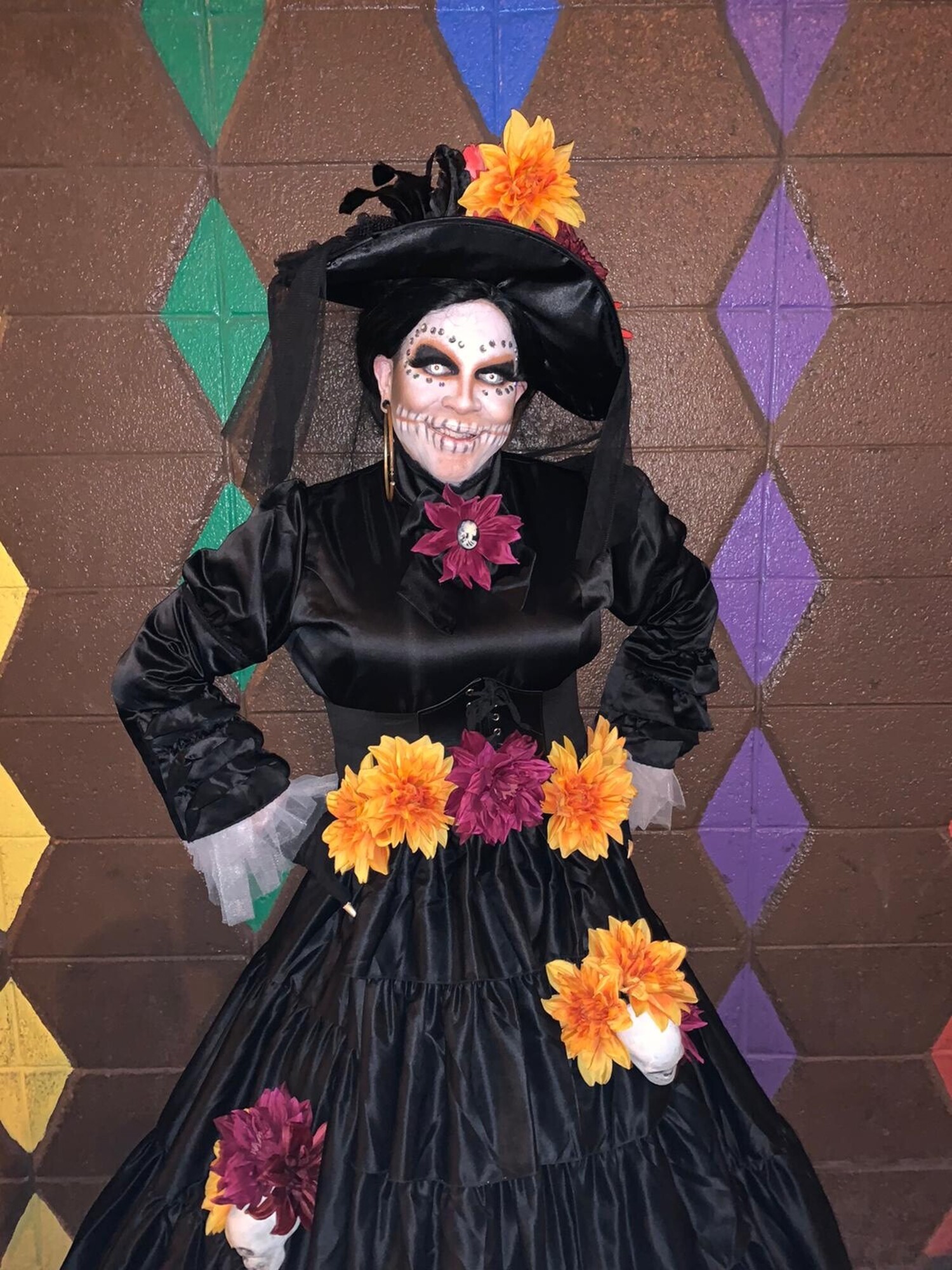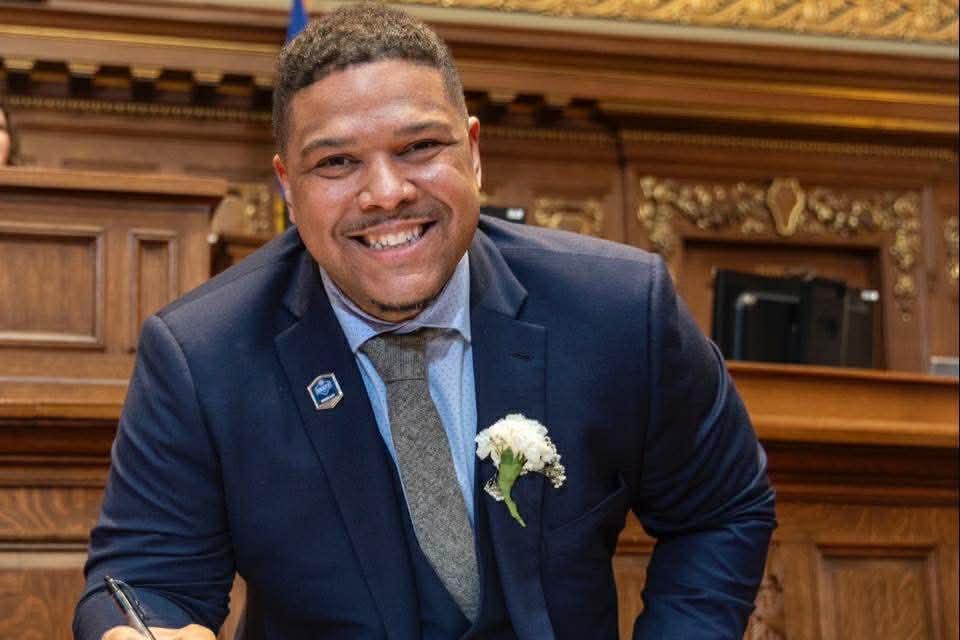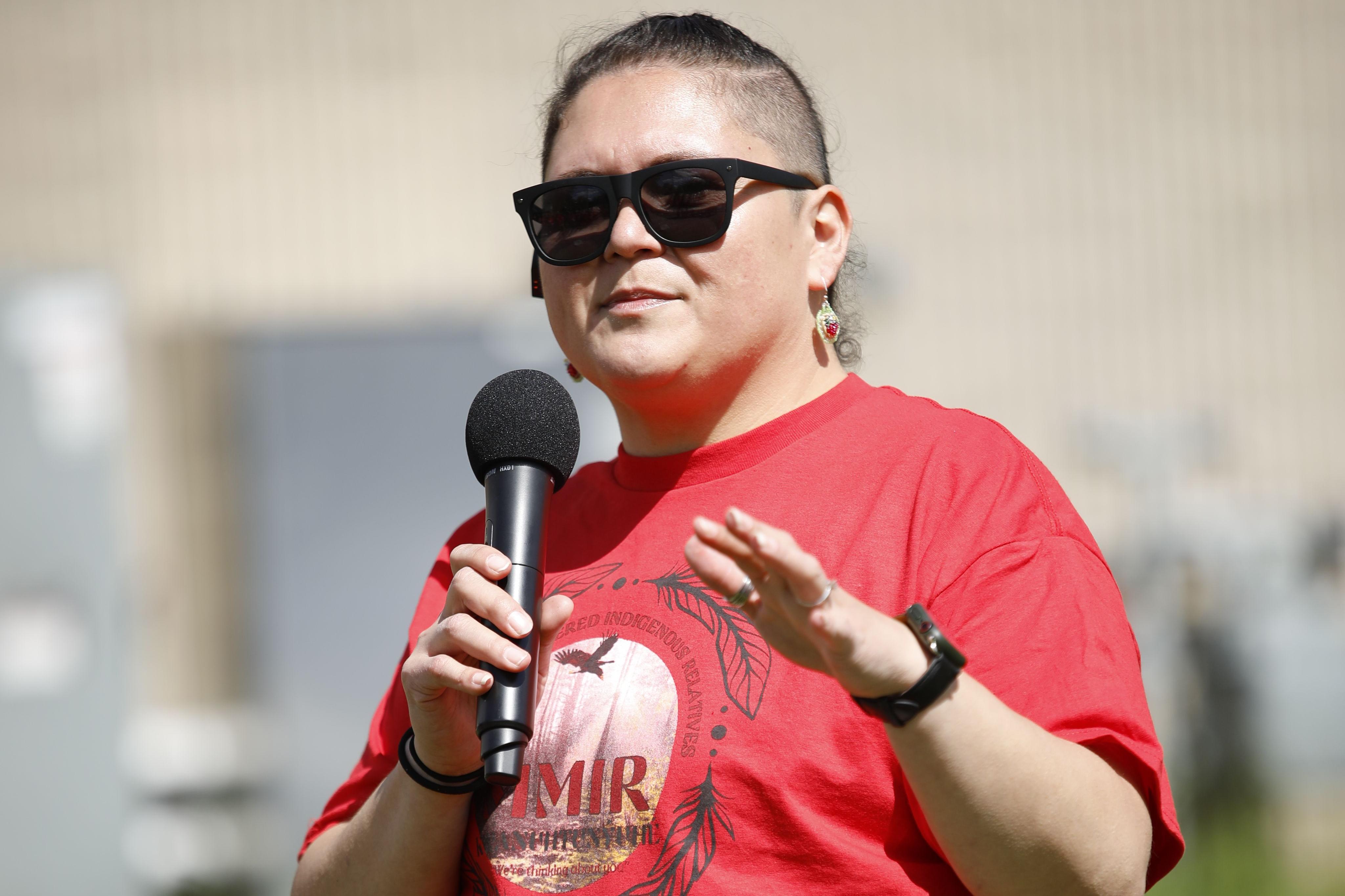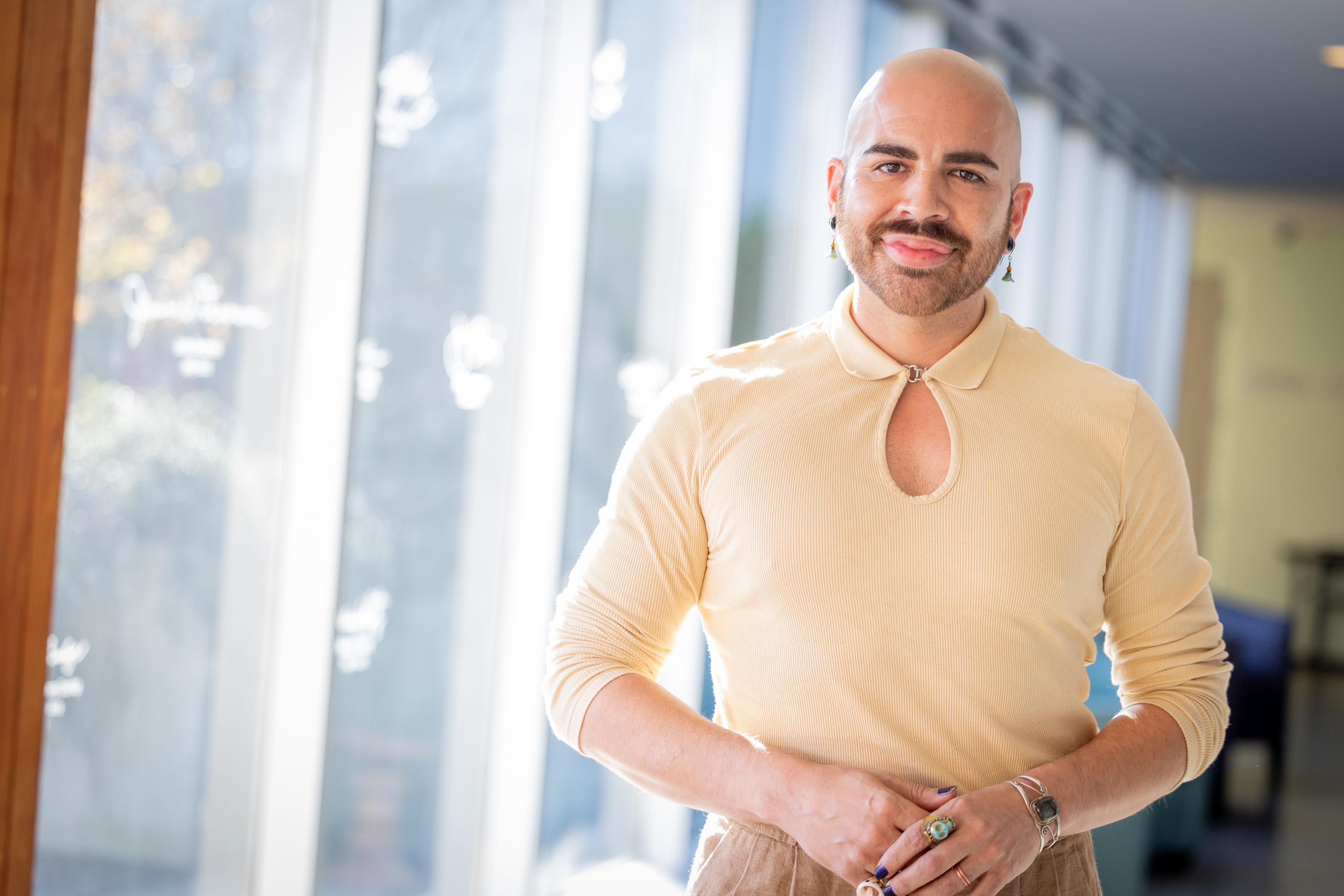
Ricardo Galaviz: no more sacrificing my authenticity

“Knowing who I am is a lifelong journey."
Ricardo “Ricky” Galaviz, associate director of the Milwaukee LGBT Community Center, isn’t done evolving—not by a long shot.
“Knowing who I am is a lifelong journey,” he said. “I like to continuously evolve, change, and open up my eyes. I don’t want to ‘grow moss.’”
That tracks for somebody who’s worked for multiple community service organizations, including not only the Center, but Journey House and Milwaukee Public Schools.
A Milwaukee native, Ricardo was born in the early 80s (during a freak April snow storm.)
He graduated from Thomas More High School, and attended both University of Wisconsin-Milwaukee (UWM) and Milwaukee Area Technical College before graduating from UWM with a degree in Spanish.
As someone with Mexican-Indigenous heritage who didn’t grow up speaking Spanish, Galaviz is especially proud of becoming fluent as an adult.
And he created his chosen family through drag.
Galaviz started doing drag when he was 18 under the name “Corona Loyal.” But that name didn’t last long.
“When I first started drag I was going to be Corona Loyal, because my mother’s maiden name means ‘loyal’ in Spanish,” he said.
“I was 18 years old and Nova D’vine was my drag mother at the time. I had my first gig at Club 219 back in the day. I’m getting ready to go on, and the DJ, Kimberly Anne, announces my name, ‘Ladies and gentlemen, welcome to the stage, ‘Corona Royale!'"
Galaviz wasn’t happy with the last-minute name change.
“I’m screaming backstage that they got my name wrong. So I go on stage and do ‘Groove Is in the Heart.’ I come back and go into the DJ booth. Kimberly Anne is sitting in there with a joint hanging from her lips and she yells, ‘It sounds better as Royale and it’s staying Royale.’”
Flabbergasted, Galaviz said simply, “Okay, my drag name’s Corona Royale.”
From there, Galaviz credits the drag family he joined as helping him pave the way to self-acceptance.
“I basically forced other drag queens to adopt me,” Galaviz said. “Shawna Love, Nova D’Vine, Candi Stratton—these drag queens taught me so much about what it means to be a good person, about work ethic, just all sorts of life lessons.”
Galaviz regularly performed at This Is It! and other clubs around the city. He is particularly proud of starting the monthly queer Latino night at This Is It. He said performing and choosing Spanish-language songs helped him bridge his queer and Hispanic identity.
“When I started drag there were no Latina performers, there were no performers doing Spanish music—and I did all of those,” Galaviz said.
“Queens will still come up to me and tell me they remember me singing Selena in Spanish to white audiences back in the day and how much that meant to them. I was really proud of being able to bring my culture and my queer identity and drag together and present that.”
“Your heart becomes big”
Doing drag helped connect Galaviz to the wider community—queer and otherwise—in Milwaukee.
“I’ve worked all over this city,” he said. Galaviz worked at Journey House (a nonprofit that helps to move families out of poverty) and several different Milwaukee Public Schools as a special ed elementary school teacher and school coordinator.
That’s not to mention all the extra volunteer activities he was doing.
“As a teacher, your heart becomes big and you don't care if you're getting paid for some things or not,” he said. “So on top of that I also worked with the after-school program at Journey House, where I started a volunteer theater program.”
All this led Galaviz to the Milwaukee LGBT Community Center, where he serves as the associate director. “My colleague from Journey House, Kevin Turner, ended up moving over to the Milwaukee LGBT Community Center, and he brought me over.”
Bringing it together at the Center
Galaviz has now been the associate director of the Center for three years. In many ways, he sees it as the culmination of all his work that came before.
“In a weird way, all of my jobs from teaching to the theater, to working with kids, and Journey House have all prepared me for what I'm doing now, which essentially is programming and operations and special events and fundraising and volunteers and social media and website,” he said.
“And I get to use my Spanish!”
Galaviz says working at the Center has helped him accept his identity even more.
“I've learned so much about myself as a person working here, so many truths about myself as a queer person in the world,” he said.
“A lot of I didn't want to accept because that's how I was raised, I wasn't supposed to show my gayness. I was supposed to hide it. Now I can understand and say that I used to sacrifice my authenticity to become more digestible to my audience.”
Galaviz credits role models like past board members and employees Patrick and Kevin Flaherty for being out and proud in public.
“Seeing Kevin Flaherty and his twin brother Patrick be out, proud, successful gays was huge,” he said. “To see people be embraced as themselves when I came from the complete opposite had a big impact.”
Kurt Dyer, the founder of Project Q, was another influence.
“I went to Project Q as a youth under Kurt,” Galaviz said. “He was one of the first gay people who always seemed so comfortable with who he was. When you see people living so authentically, it gives you that permission.”
Now that Galaviz has been working full-time at the Center, he’s had to step back from drag. But it’s all the people they’re serving at the Center that helps keep Galaviz feeling fulfilled and energized.
“What makes the Center really important is that we’re helping our own community meet their basic needs. We’ve got a free pantry where people can do almost full grocery shopping. We have a gender-affirming clothing boutique where everything is free. We have hygiene packs where people can get deodorant, body wash, etc. We even have licensed professional counselors. It’s literally free therapy. And of course we’ve got tons of focus groups.”
Galaviz is proud to say they even host free weekly yoga and monthly community gathering happy hours that change venues each time.
“There’s a lot of different aspects within our LGBT community that people could find useful. We’re not just one thing.”
In closing, he offers this advice to our community:
“Have fun and love hard. Love unconditionally. Love seriously. Remove blame from your life and try to live without ego.”
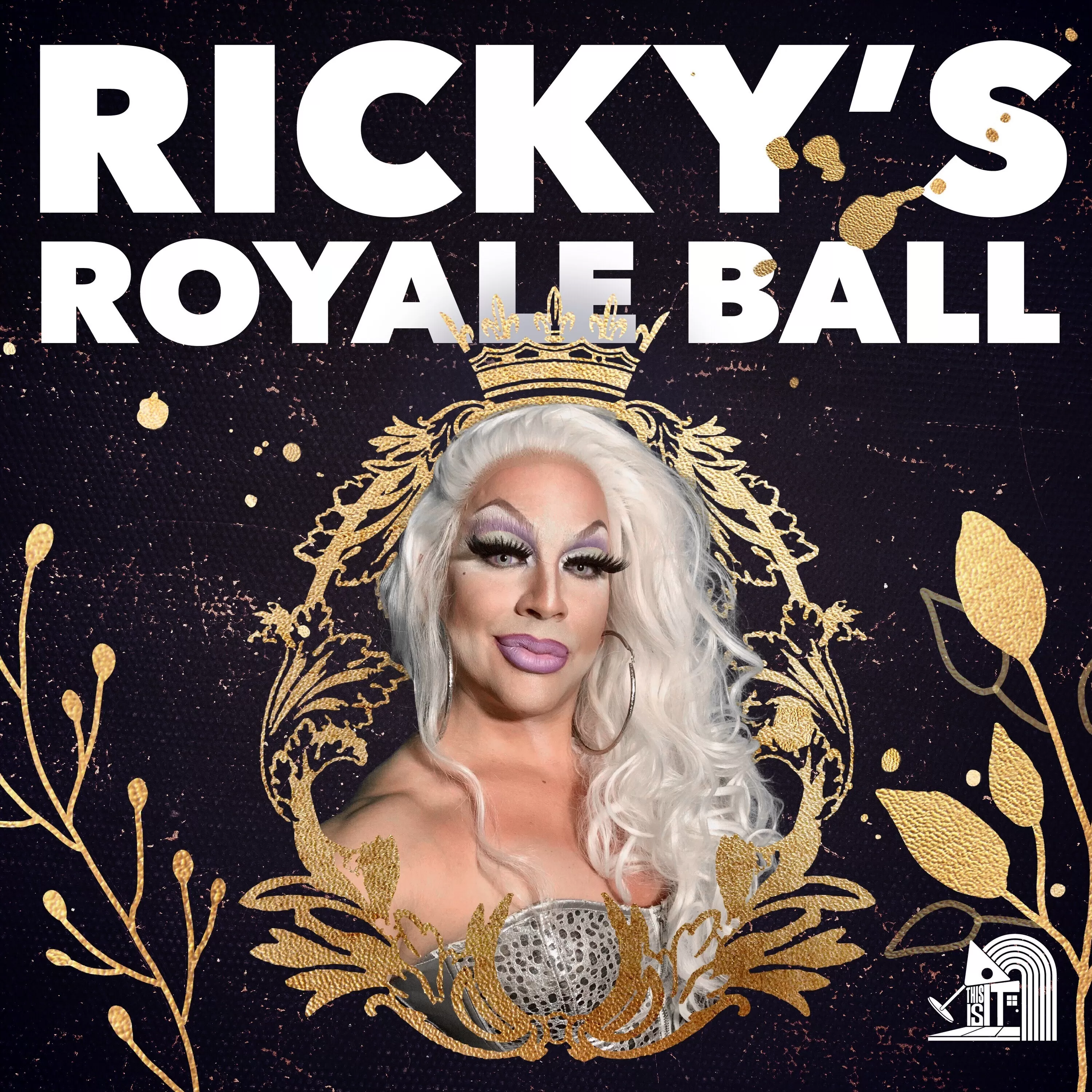 Ricky Royale
Ricky Royale
recent blog posts
February 28, 2026 | Bjorn Olaf Nasett
February 28, 2026 | Michail Takach
February 25, 2026 | Michail Takach
The concept for this web site was envisioned by Don Schwamb in 2003, and over the next 15 years, he was the sole researcher, programmer and primary contributor, bearing all costs for hosting the web site personally.
